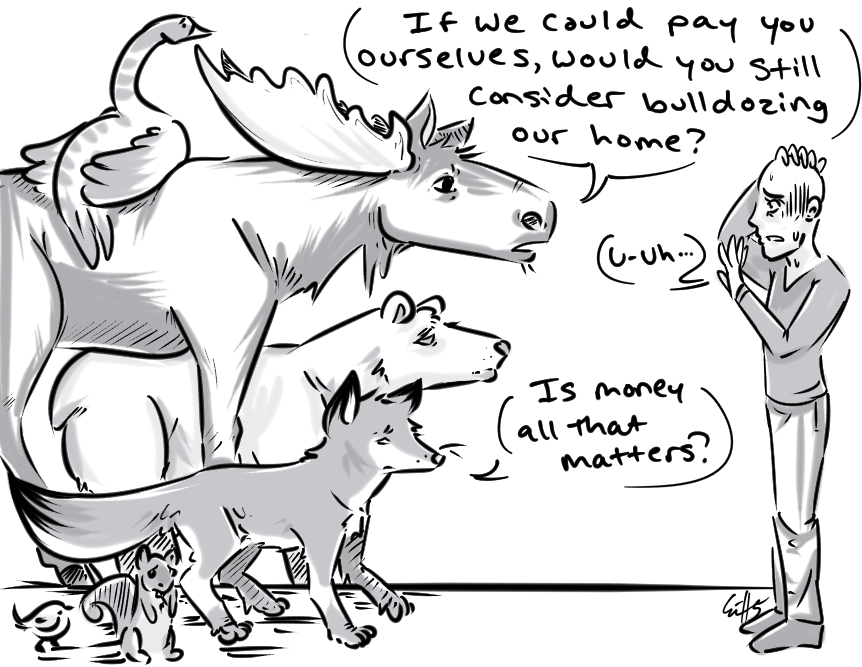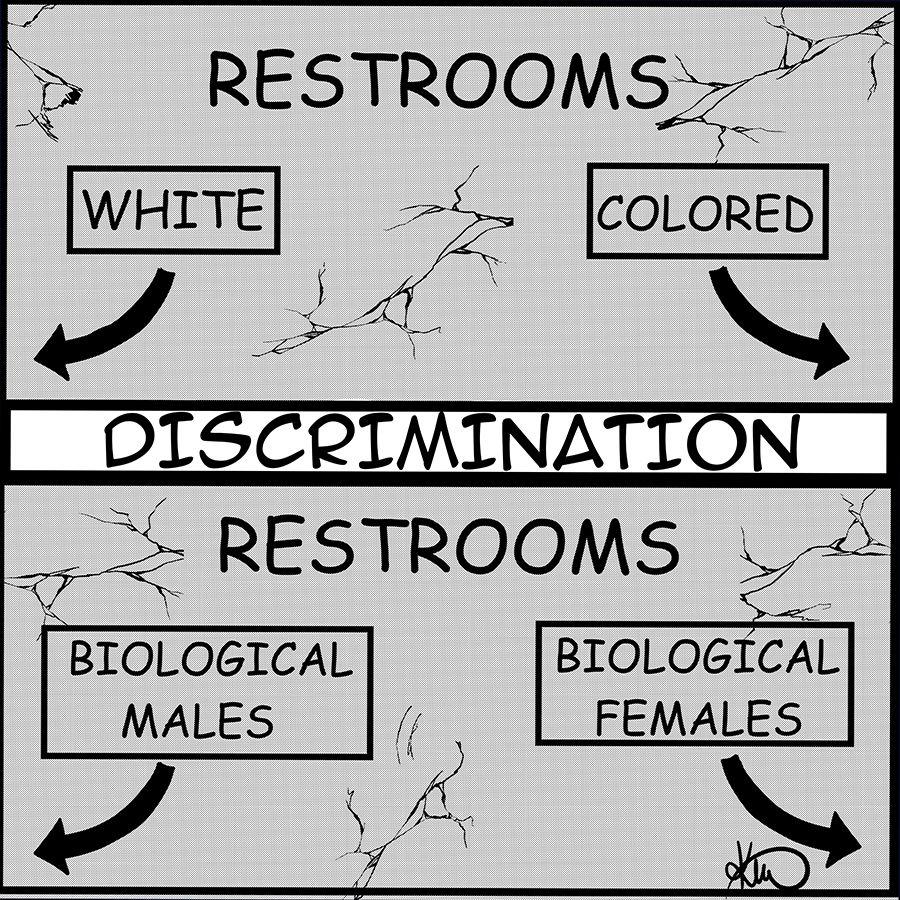This month, Don Young, Alaska’s representative, introduced a bill that would make the fight for public lands a lot more serious. The bill has understandable rationale, but would be devastating to public lands and national parks in the long run.
Currently, the president has the power to designate national monuments at land or at sea because in 1906, President Theodore Roosevelt signed the Antiquities Act. This act has been used by leaders from both parties over the years to designate national monuments that sometimes turn into national parks. Young wants the power to swing from the president to Congress, and to require that the Senate and the House of Representatives ultimately decide on national monument designation.
While there was a similar bill proposed in July 2014 that died on the floor, both chambers of Congress are currently dominated by Republicans, and for this reason the new bill is much more likely to become law.
Young’s bill is especially relevant to Alaska because the state is currently about 60 percent protected by federal law, and its two main industries—oil production and fishing—will continue to be affected. The public land designation is not limited to land, but also extends 100 nautical miles out from the state, which means that fishing and oil companies could continue to lose ground to the federal government.
This bill comes as no surprise to Congress, seeing as in December President Barack Obama declared that Alaska’s Bristol Bay region would be off-limits to offshore oil and gas production. Young’s spokesman says the bill will prevent federal powers from swooping in and sectioning off areas without consulting state lawmakers.
Something the Alaska’s representative left out of his discussion was the likely impact of public land designation on the economies surrounding it. A nonpartisan research group conducted a study last year that found the economies of counties bordering national monuments were stronger after the monuments were designated. In 2013, Alaska welcomed approximately 1.96 million visitors that spent more than $1.8 billion, making tourism one of its biggest industries.
Young couldn’t have been happy after Obama’s declaration last month. While his reaction is understandable, the result of his response could be devastating in the long run.
Congress is not famous for its fast action. Bills don’t set any land speed records as they pass through both chambers. They take time and discussion. Due process has been shown to work, but when it comes to public land designation, due process could be the wrong solution.
With so much to debate, giving this power to Congress would create more responsibility and, in busy times, the designation of public lands could fall to the back of the docket. In the time it takes for Congress to do something, the land or water could be too far gone or have already undergone private development.
Congress will obviously have more people involved in the decisions, but what does a Florida representative have to do with the designation of land in Oregon? The lawmakers will obviously make a great case for private development over public use, as they’ll be able to convince those who have no information other than what the Oregon lawmakers supply them. I don’t see this situation ending well, as state lawmakers are often swayed by big businesses in their respective states.
I don’t know about anybody else, but I would like Holiday Inn to stay out of the Grand Canyon and away from any redwood trees in Northern California. The president usually resides on the side of environmental conservation, and I think that’s what we need in times of big business.
Tyler Gobin, senior studying business management
















